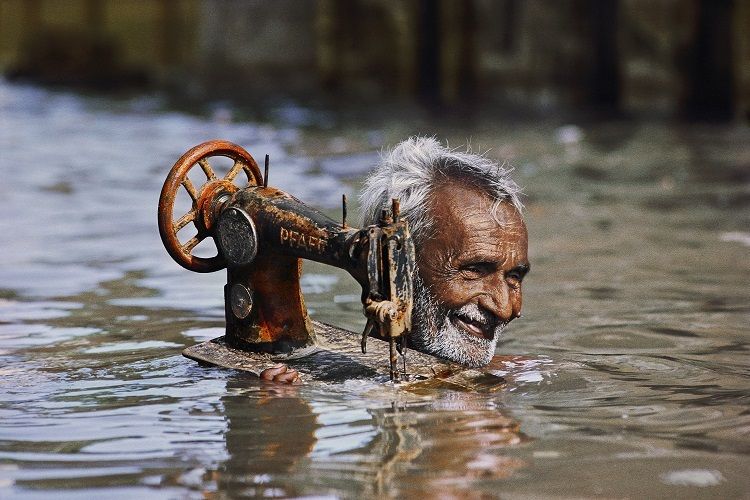‘A Photograph’ — What Does It Mean?
Jun 22, 2019 • 12 views
Photography has changed the way we see the world. It has been transformed from an art form into an everyday project of cultural production. This has made tremendous changes in the way we view the world. We have some faith in the lens, there is some truthfulness in photography, that it can never lie. But what does it mean for representation? What does it say about the photographer and the instance in which he/she has decided to photograph the moment. What does it say about the morality of the photographer? How is it different form reality?
A moment possess a flux of movement, a photograph isolates it. Now you may have seen the moment but not like you have seen it before. It isolates the unnecessary and positions it in a frame where the subject, which is what is important, becomes the focal point. To be precise, the unnecessary here is decided according to the photographer’s perspective. That’s why the questions of representation becomes pertinent. What the photographer chooses to show is what is important. Now this becomes even more prominent when the photographer has a large influence, thus forming the narrative of this art form. One of the examples of this problem can be seen evidently in photography of the orient, where the orient is only portrayed in one particular way, showing only one aspect of it. This forms a very restricted representation of the orient.

These lead to the portrayal of only one side of the narrative. Hence, being counter-productive and also creating a narrative which is often times disrespectful to the said culture. Often times the lines of ethics is blurred and the photographer goes on to capture the oriental subjects without their consent. This creates a narrative where one looks at the orient from a white man’s gaze adding on to the western or the occident’s conception of the orient. Thus, the harmful representation of the orient has lead to the romanticism of this particular part of orient, vis-a-vis, romanticism of poverty in street and travel photography. One of the examples is that of the famous Nat-Geo photographer Steve McCurry. Steve McCurry’s an American photographer who has captured most of the orient in his career and has built his career on capturing this particular image of the orient. When such representation is done through recognized platforms like Nat Geo, it creates much more of a bigger influence and thus, also influencethe further narrative of this field.
